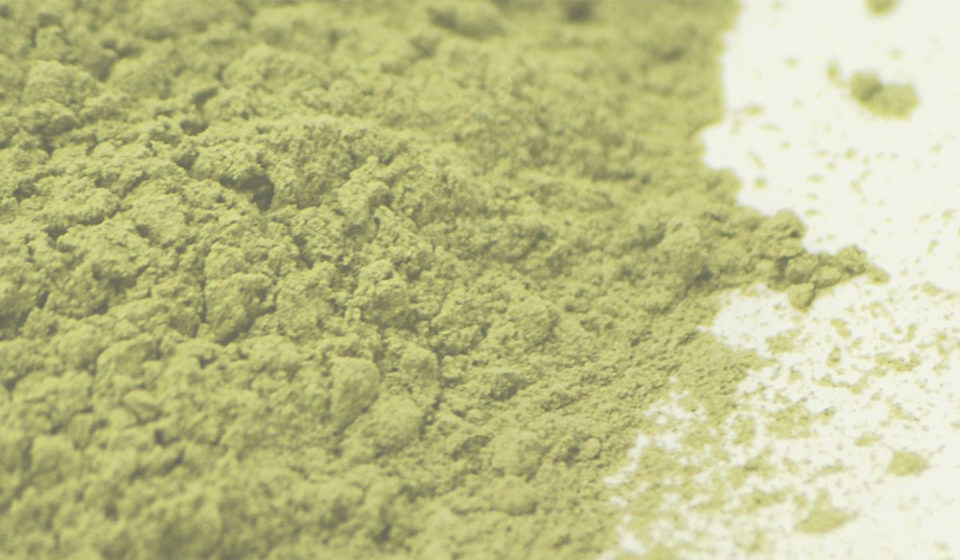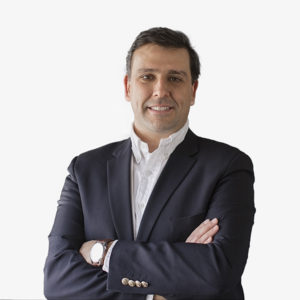Futerpenol feed additive promises improved immune responses for farmed salmon and trout

Until recently, antibiotics have been the only option for Chilean salmon farmers in their efforts to fight infectious fish diseases.
After Chile’s social and economic fallout from the ISA virus between 2009 and 2011, a Chilean biotech R&D firm launched an animal division and began working on a natural product to support the immune health of farmed fish.
What Maqui New Life SA (MNL) created was a natural feed supplement, Futerpenol®, which it says reduces or eliminates the need for antibiotics by stimulating the immune responses of salmon and trout. The innovation earned MNL a trip to Guayaquil, Ecuador, to present at the Global Aquaculture Alliance’s (GAA) annual GOAL conference as one of three finalists for its Global Aquaculture Innovation Award.
Chilean producers using Futerpenol®-enhanced feeds in their fish diets are reporting fewer mortalities and improved Specific Growth Rates (SGRs) and feed conversion ratios (FCRs), said Cristián Moreno, deputy director of MNL’s animal health division.
“We made a commitment to leverage our company’s expertise in and success with human health products to rebuild the global salmon industry using 100 percent natural products,” said Moreno. “The vision was to develop and commercialize plant-based products with bioactive properties as a way to help the industry grow stronger, sustainable and more disease-resistant fish.”
In 2013 the company’s scientists examined a natural formulation they knew worked for terrestrial farm animal health to find out if it would work for rainbow trout, too. By mid-2016 they determined it did.

Trials in vitro, in vivo and feeding using Futerpenol-enhanced feed had excellent results, including better performance of cells challenged by SRS (Salmonid Rickettsial Septicaemia). Fish given the Futerpenol diet were able to withstand disease better than those that were fed the control diet.
In in vivo tests, fish challenged with the bacteria and fed with Futerpenol obtained a relative survival percentage (RPS) of 57.7 percent, which lasted 70 days compared to control groups. In field tests the company obtained a 20 to 42 percent RPS. In the company’s trials with coho salmon, in addition to the positive levels of RPS, fish fed a Futerpenol-enhanced feed showed better specific growth rates (SGR) and FCRs.
The formal commercial phase of Futerpenol then began. To date the feed additive is being used commercially by three Chilean companies farming trout, Atlantic salmon and coho species. Moreno said Futerpenol will allow producers to enhance their overall strategy for eliminating or reduce the use of antibiotics.
“This product is an immunostimulant,” he said. “By building stronger immune systems in the fish they raise, aquaculture producers can eventually become more sustainable by relying less on traditional disease-fighting measures – such as vaccines, antimicrobials and certain chemicals – and adopting a 100 percent organic and non-pharmacological feed strategy.”
While MNL refused to disclose the cost of the product, Moreno said its value should be weighed in the ultimate survival rates of fish, particularly a species like salmon, as well as the product’s contribution to efficiency and cost reduction under higher environmental performance standards.
“We believe Futerpenol is a real contender in the fight against bacterial diseases and viral agents,” he said.
The GOAL audience will vote for the winner of the Global Aquaculture Innovation Award. For MNL, winning would certainly help bring product awareness to the international market.
“We are very confident that farmers seeking to implement ‘green’ strategies for raising salmon will consider Futerpenol as a solution for growing sustainable and more disease-resistant fish,” Moreno said.
The company is presently approaching international producers and requesting opportunities to conduct field trials to determine its product’s potential to fight diseases in other species including tilapia, seriola and shrimp.
“Because it has been shown to work very well against intracellular bacterial diseases, we believe its potential successful use on other diseases is very high,” Moreno said. “We believe that the research that has been conducted – and is still being conducted in field trials – will help the global aquaculture industry find a way to reduce the use of disease countermeasures including vaccines, chemicals and antimicrobials in the production of food. These practices are costly, marginally effective and often highly regulated or banned altogether.”
Editor’s note: This is the third of three articles profiling this year’s finalists for the Global Aquaculture Innovation Award, sponsored by Skretting. The other two finalists are Osmo Systems and VakSea.
Follow the Advocate on Twitter @GAA_Advocate
Author
-

Lauren Kramer
Lauren Kramer is a freelance journalist residing in Richmond, B.C., who has written extensively about seafood marketing for SeaFood Business magazine and SeafoodSource.com. Her work appears in a number of publications, including the National Culinary Review and Flavor & The Menu.
Tagged With
Related Posts

Responsibility
App aims to bring clarity to seafood traceability, social compliance data
For small-scale aquaculture farmers in far-flung regions, creating traceability data can present major challenges, both linguistic and technological. It’s those challenges that VerifiK8 is poised and ready to help solve.

Innovation & Investment
One fish, two fish: Counting technology nets funding for Canadian engineering firm
XperCount, aka the “magic bucket,” uses optics and photonics to deliver 95 percent accurate count of microorganisms, such as fish or shrimp larvae, in just seconds.

Responsibility
Climate change impacts unite U.S. shellfish farmers
The Shellfish Growers Climate Coalition, an initiative of seven founding U.S. aquaculture farmers, last week launched a partnership with The Nature Conservancy (TNC) to spread public awareness about climate change and its impact on their businesses.

Health & Welfare
Pellet-based oral vaccine holds promise for VNN protection
An oral vaccine delivered via fish feed to defend against Viral Nervous Necrosis could be ready for market soon if everything goes according to plan for startup VakSea.

